Post truth and post authenticity?
I write this on a day when Donald Trump has been announced as President Elect of the USA. There are many questions being asked and much soul searching for answers to them. Amongst others – are we in a post truth era or an era that wants to kick over the traces of corporate and institutional power that have bypassed them? One thing is for sure, it has been very difficult to see the truth from the myths and the authenticity of the message.
A lack of transparency and clarity from leaders and commentators regarding the business model has also been a feature of social enterprise too for as long as I can remember. This has served a purpose; to pump-up the sector in terms of size and diversity without asking too many questions. It has also served a small number of well-connected social enterprises that know and can milk the system, which has led to the development of opaque business models that have benefited from the patronage of government and support programmes, e.g. Social Impact Bonds and the advent of Social Investment.
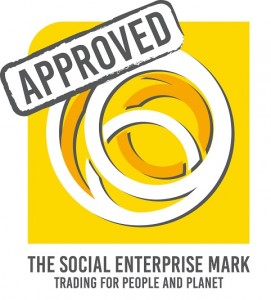 It was partly for this reason that we set up the Social Enterprise Mark as a project 9 years ago, and 3 years later as a business in its own right. We now have the longest pedigree and experience of social enterprise accreditation in the world and are indeed seen as leaders, with international academics and experts looking to us for our expertise in this field, e.g. British Council in China. Social enterprises outside the UK have also decided that they wish to accredit directly through our process, e.g. Fairtrade Labelling Organisation (FLOCERT). This proves that there is an appetite for being seen as different and being able to prove it credibly.
It was partly for this reason that we set up the Social Enterprise Mark as a project 9 years ago, and 3 years later as a business in its own right. We now have the longest pedigree and experience of social enterprise accreditation in the world and are indeed seen as leaders, with international academics and experts looking to us for our expertise in this field, e.g. British Council in China. Social enterprises outside the UK have also decided that they wish to accredit directly through our process, e.g. Fairtrade Labelling Organisation (FLOCERT). This proves that there is an appetite for being seen as different and being able to prove it credibly.
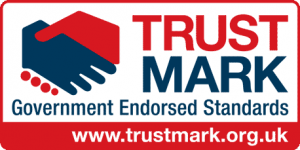 We can draw an analogy to TrustMark, a Social Enterprise Mark Holder, which evolved in response to concerns in the building sector. It is a government-endorsed accreditation scheme for trades in and around the home, providing reassurances that businesses must regularly stand up to scrutiny to.
We can draw an analogy to TrustMark, a Social Enterprise Mark Holder, which evolved in response to concerns in the building sector. It is a government-endorsed accreditation scheme for trades in and around the home, providing reassurances that businesses must regularly stand up to scrutiny to.
Social Enterprise Mark CIC had an original mandate from our sector to provide a similar service in the UK, verifying businesses who are genuine social enterprises.
We have learned, from the experiences of Fair Trade, of the importance of having a status that could confer genuineness and authenticity. At the time many different models were banded about, e.g. self-certification, CSR marks, membership bodies etc. We were clear that certifying authenticity can only be achieved through independence (the certification panel) and with transparency (application of the criteria consistently). This is why we operate as an independent CIC and not a membership body. Membership bodies depend upon and exist to promote the interests of their paying members, and through their sector – a potential conflict of interest.
We take our customers and accreditation very seriously and have built the value added to ensure that our accreditation does not stand still and is really clear to the outside world – for example, developing social value declarations to help demonstrate the commitment that all social enterprises should have to making a positive difference for people and planet, as well as the Social Enterprise Gold Mark as an indicator of business excellence.
The term “accreditation” may be used to distinguish a system of certification that actually seeks evidence in confirmation of an organisations credentials. The Social Enterprise Mark has always done this and we are 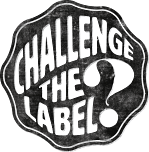 currently working with international sustainability standards, established by ISEAL, to help align our Marks with best practice models of accreditation. Whenever you see the term “certified”, ISEAL encourage people to “challenge the label”; to consider a few critical questions that help determine what that certification is really worth.
currently working with international sustainability standards, established by ISEAL, to help align our Marks with best practice models of accreditation. Whenever you see the term “certified”, ISEAL encourage people to “challenge the label”; to consider a few critical questions that help determine what that certification is really worth.
In striving for the best practice in accreditation, we have been and will continue to consult Mark Holders (and the wider sector). Our aim is to continue to provide a certification process that offers genuinely credible accreditation, one that social enterprises can take pride in and learn to improve from the world over.

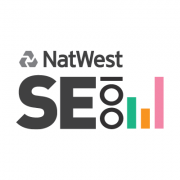
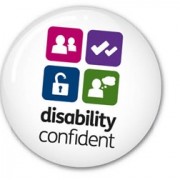

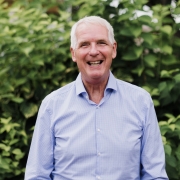
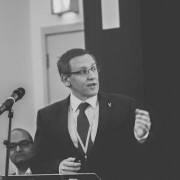
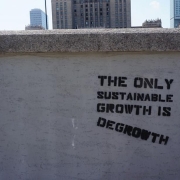 Creative Commons License
Creative Commons License 


